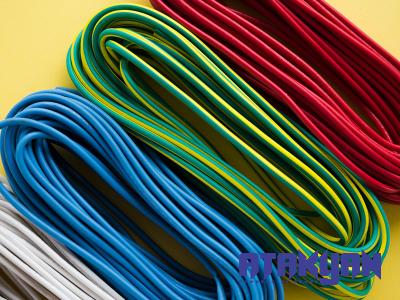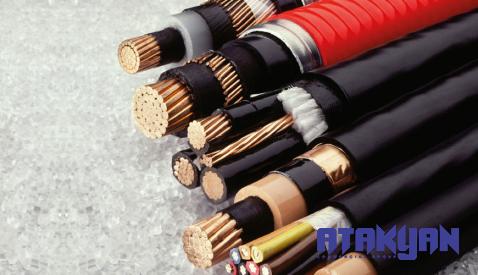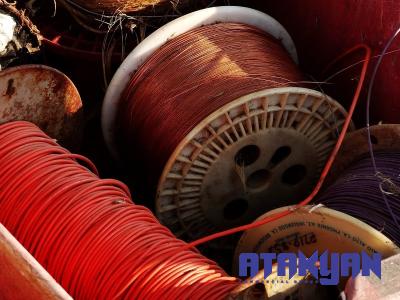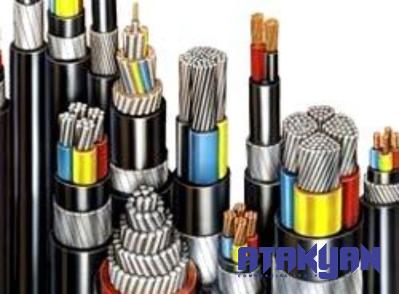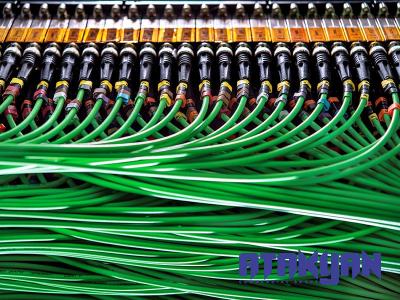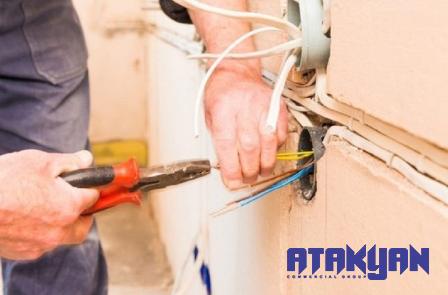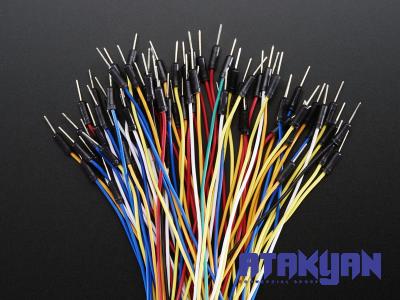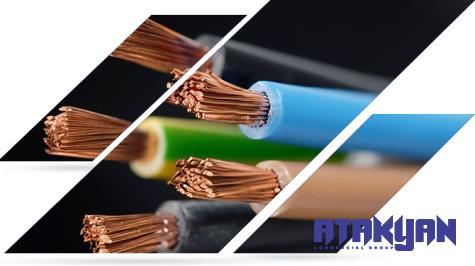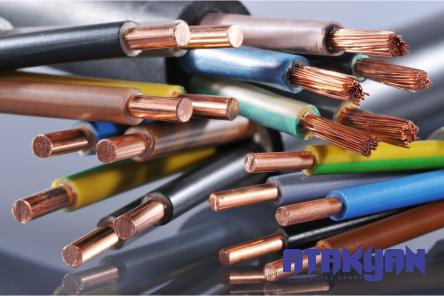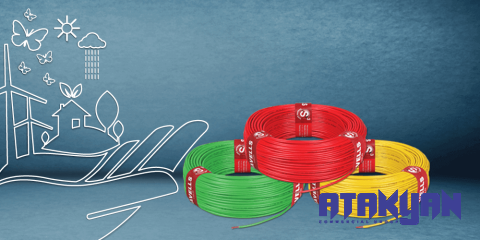Introduction:
Welding electrodes play a crucial role in the welding process, serving as a fundamental component that facilitates the joining of metals. These electrodes come in various types, each designed for specific applications and welding techniques. Whether you are a professional welder or a beginner, having a clear understanding of the different types of welding electrodes and their uses can greatly enhance your welding performance and the quality of your welds.
Discuss Types of Welding Electrodes and Their Uses:
1. Carbon Steel Electrodes:
Carbon steel electrodes are the most commonly used welding electrodes due to their versatility and cost-effectiveness. They are suitable for joining carbon and low-alloy steels and are widely employed in industries such as construction, automotive, and structural fabrication. Carbon steel electrodes can be further categorized into three subtypes:

a. E6010: These electrodes produce a deep penetrating arc, making them ideal for all positions and for joining thicker metals.
b. E7018: E7018 electrodes create strong and crack-resistant welds and are frequently used in structural and pressure vessel applications.
c. E6013: These electrodes are known for their excellent performance on thin materials and are often utilized for general-purpose welding.
2. Stainless Steel Electrodes:
Stainless steel electrodes are formulated to weld stainless steel, a family of corrosion-resistant alloys extensively used in the food, chemical, and pharmaceutical industries. Stainless steel electrodes contain higher amounts of chromium and nickel, providing enhanced corrosion resistance and improved weldability. The most commonly utilized stainless steel electrodes are:
a. E308: These electrodes are ideal for welding austenitic stainless steels such as 304 and 308.

b. E316: E316 electrodes are specifically designed for welding more corrosion-resistant austenitic stainless steels, like 316 and 316L.
3. Cast Iron Electrodes:
When it comes to joining or repairing cast iron components, cast iron electrodes are the go-to choice. Due to the unique characteristics of cast iron, such as high carbon content and brittleness, specialized electrodes are necessary for successful welds. There are two commonly employed types of cast iron electrodes:
a. E316L: This electrode is suitable for welding cast iron to stainless steel, as it offers excellent crack resistance and machinability.
b. ENi-CI: ENi-CI electrodes are specifically formulated to join and repair grey cast iron, offering high strength and good ductility.
4. Non-Ferrous Electrodes:

Non-ferrous electrodes are used for welding non-ferrous metals, such as aluminum, copper, and nickel alloys. These electrodes are characterized by their low melting points and superior electrical conductivity. Some commonly used non-ferrous electrodes include:
a. E4043: This electrode is primarily used for welding aluminum alloys, providing good fluidity, strength, and corrosion resistance.
b. E308L: E308L is a popular choice for welding stainless steel to mild steel or carbon steel.
Buying Types of Welding Electrodes and Their Uses:
When purchasing welding electrodes, it is essential to consider several factors such as electrode diameter, tensile strength, and classification. These factors will determine the suitability of the electrode for your welding application. Additionally, be sure to check the manufacturer’s specifications and recommendations regarding the electrode and its intended uses to ensure compatibility.
Price of Types of Welding Electrodes and Their Uses:

The price of welding electrodes varies depending on factors such as the type of electrode, brand, and quantity purchased. Carbon steel electrodes are generally more affordable compared to stainless steel or specialized cast iron electrodes. It is advisable to source your welding electrodes from trusted suppliers to ensure quality and reliability. While it may be tempting to opt for cheaper alternatives, compromising on electrode quality can significantly impact the welding process, resulting in subpar welds and potential safety hazards.
Conclusion:
Understanding the different types of welding electrodes and their uses is essential for achieving high-quality welds across various materials and applications. Choosing the right electrode can significantly impact the strength, durability, and overall performance of your welds. By considering factors such as electrode type, diameter, and manufacturer recommendations, you can ensure successful and efficient welding operations.
